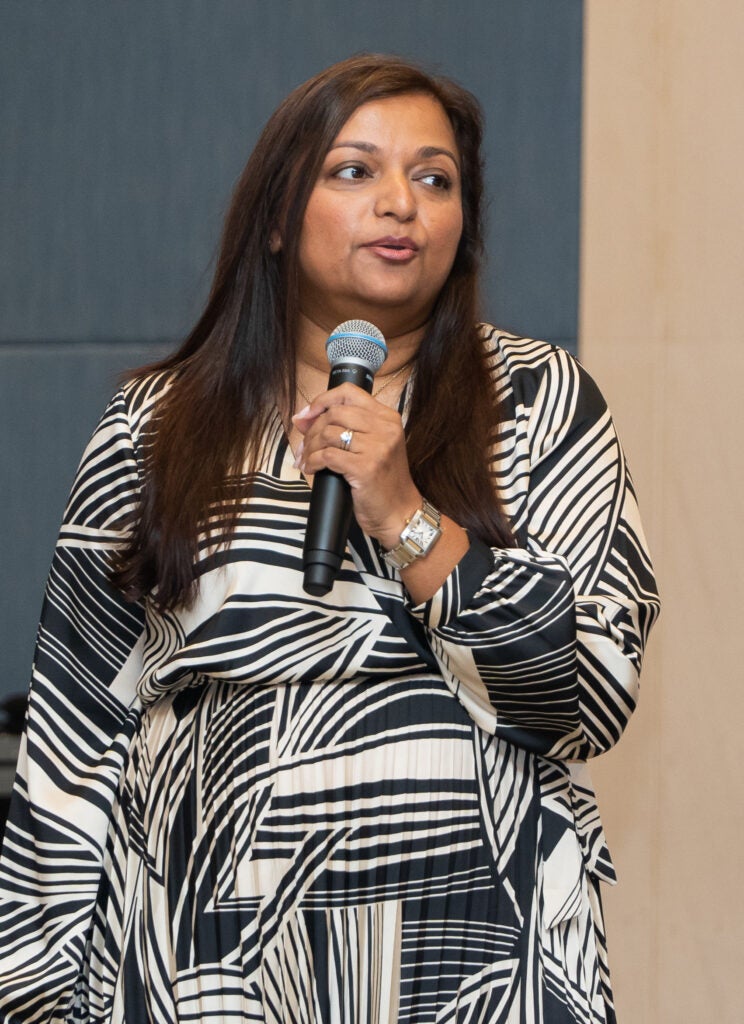3 October, 2023 – Dubai
The U.S. Federal Reserve Board’s Currency Education Program (CEP) and U.S. Secret Service convened a U.S Currency Workshop in Dubai on Tuesday October 3rd. This event was supported by the U.S.-U.A.E. Business Council. Dayle Carden, Senior Advisor at the U.S.-U.A.E. Business Council, provided opening remarks.

Experts from the CEP and U.S. Secret Service led sessions on the role of the Federal Reserve Board in educating global consumers on the U.S. currency, and provided an overview of U.S. currency security features and counterfeit trends. They also addressed common misperceptions (including myths about frozen and older designed notes), and answered questions. The event provided an interactive opportunity for stakeholders to learn more about U.S. currency at a time in which digital technology is making it easier to counterfeit notes.
CEP experts underscored the unique role the U.S. dollar plays in international finance and trade, noting that 80 percent of U.S. currency in circulation is in use outside the United States. Panelists noted that preventing counterfeiting is a worthy policy aim for all countries as it can damage economies, fuel underground networks, and erode public confidence in the financial system.
The event attracted stakeholders from the U.A.E.’s public and private sector, as well as from other countries in the region. The location served as a reminder that the U.A.E.’s currency is pegged to the U.S. dollar, and that international cash transactions in the region still favor U.S. currency. Additionally, a large share of the financial assets held abroad by Gulf monetary authorities, sovereign wealth funds, and even the private sector is denominated in U.S. dollars.
Experts from the Federal Reserve Board highlighted the planned redesign of U.S. currency notes beginning in 2025, and offered additional sessions on the specifics of the redesign closer to the release. They stressed that the new notes will incorporate additional key security features and sought to counter misinformation regarding the use of older bills. Panelists noted that older designs can still be used as legal tender, dispelling the common misperception that old notes expire when one designs are released. Audience members noted that despite this clarification, money lenders and banks in the region continue to refuse older bills.
The workshop was organized on the sidelines of the International Mint and Print Conference, a global exhibition that convenes central banks for discussion on best practices in currency design and banknote printing. For more information on the U.S. Currency Education Program, please visit www.uscurrency.gov.
For questions about this event, please contact Mathew Gardell at mgardell@usuaebusiness.org.